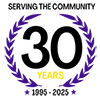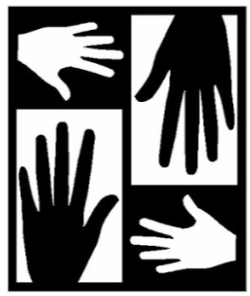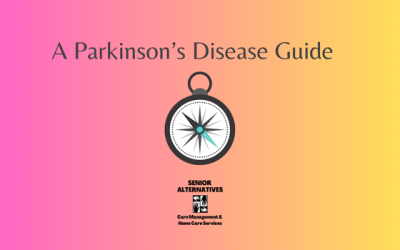December 19, 2022

– Planning leads to empowerment. After a visit with loved ones during the holidays we may need to put a plan in place as to how to get the conversation started. Saying what needs to be said regarding getting our parents or an elderly loved one the care they need is a difficult task, but rest assured you are not alone. In order to overcome resistance, plan ahead, starting with how to have the conversation. Here are some helpful tips to allow your audience to gain understanding.
First step is to start slowly. Start gently and slowly, wait a few weeks after seeing a relative to bring up any issues experienced and the possibility of finding solutions for evident problems at home. Realize that you will need to have this conversation more than once in order to gain buy-in.
The ‘problem/solution’ approach. Where there feelings of depression, anxiousness or isolation during the holidays. Did a loved one feel ovewhelmed with fiances, the household, meals, or handling visitors. Was there a mini-crisis that may have taken place such as a fall, mistep, or forgotten medication. Did you experience cognitive decline and is this now a family concern. All of the problems above have solutions and these instances can be the catalyst needed to start the conversation about making a change.
Introducing the concept of Home care. A caregiver can be refered to as a friend, a companion, a cook or a personal assistant. Know your audience and determine which label may be better suited as you explain this role. You may need to ask a 3rd party to weigh in to introduce the concept, like a physician or a close family friend. List the advantages of having a hired hand. Emphasize the ability to gain independence by bringing in help versus moving to a senior living community.
A companion can be fun! Whether it is someone an elderly person knows or a new friend, having a new person to talk to can be exciting. Discuss the different aspects of having a new friend come into someone’s life. Walking, shopping, driving to errands, or simply having coffee at home can be invigorating activities for someone who has been isolated at home. Mitigate fear by bringing in a fun aspect. What would you like to do that you have not been able to do?
Try it…you will like it! Don’t wait until a crisis comes into play, encourage the assistance now for a few hours while your loved one can help with choosing who comes into the home. Using phrases such as: What would it be like…. or how would this change your life…. are helpful to gain acceptance for this change. A short term solution would be a great way to introduce the concept.
Using gentle confrontation. In some cases a little tough love may be needed. Speak frankly about a worst case scenario. What can possibly happen in the future if change does not take place, this may sound like a scare tactic but a well intended one knowing that the person’s best interest is at the end of the strategy.
Do it for me! An elderly person may not want to do this for themselves, but they may do it for an adult child or a grandchild. Parents can be asked to empathize with adult children or family members to help bring much needed peace of mind. Make it about you, not about the person that needs the help.
Get advice from a professional. Senior Alternatives offers a free 45 minute consultation with one of our master’s level care managers to talk about this topic and help you navigate the start of many conversations you will have with a loved one.
#homecareproviders #elderlyassistance #seniorhomecare #caregiver #elderlycare #elderlyservices #homecareservices #careagency #careagency #seniorassistance #servicesforseniors #careathome #inhomecare #careinhomes #careservices #elderlycaregiver #memorycare #homecare #seniorcare
To schedule a free 45 minute consultation, reach out to us: 888.451.4290 – We are here to help during the holidays and all year long.
Related Articles
Boost Cognitive Function Through Brain Exercises
Just like the rest of your body, your brain changes and adapts over time. Through a concept known as neuroplasticity, your brain can form new connections, strengthen existing ones, and even recover lost abilities. Regular mental exercises can have a significant impact on your brain health. Read on to know more…
Why People in Blue Zones Thrive and Live Longer
Blue Zones are regions where people live longer, healthier lives compared to the global average. These areas have been studied extensively to find common denominators and answers about what makes these places unique. One of the key components of these lifestyles is community engagement, or having a strong sense of belonging and support from others. Read on to know more about Blue Zones and how we can duplicate their lifestyle and best practices.
Understanding Parkinson’s Disease
April is Parkinson’s disease awareness month, with that in mind we put together a blog





